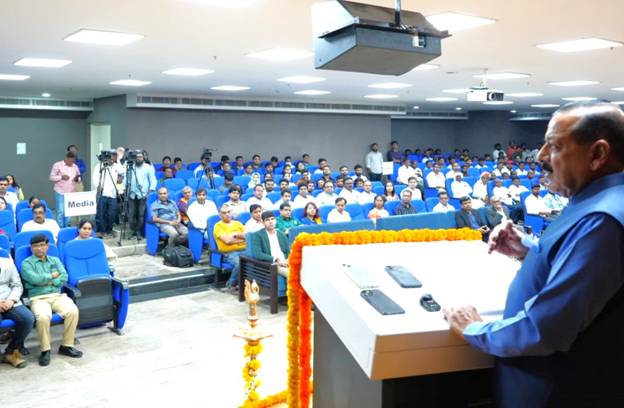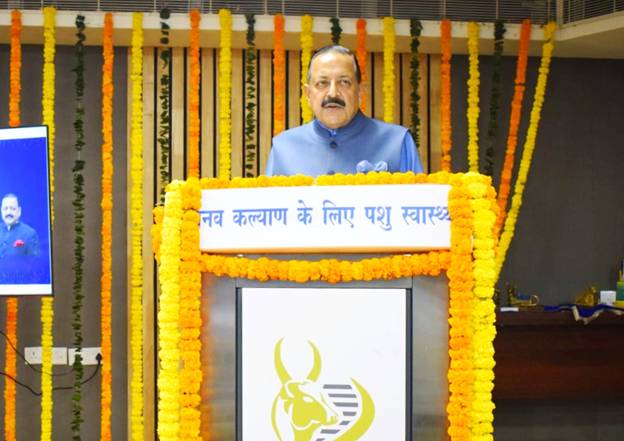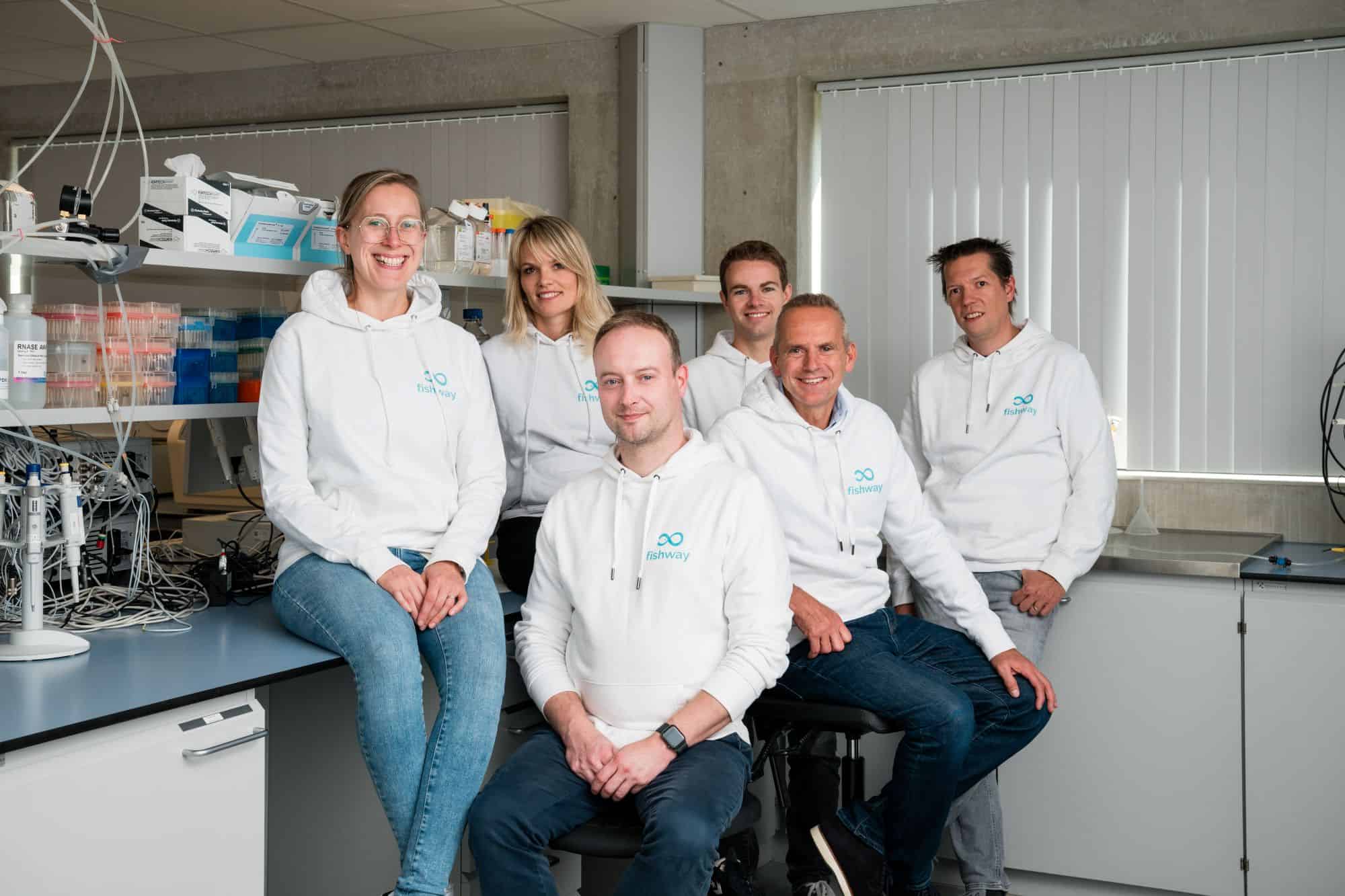A state-of-the-art Animal Stem Cell Biobank and Animal Stem Cell Laboratory has been opened at the National Institute of Animal Biotechnology (NIAB) in Hyderabad, India.
Described as the first of its kind in the country, the biobank was inaugurated by Union Minister of State Dr. Jitendra Singh earlier this month. The facility spans 9,300 sq ft and was constructed at a cost of ₹1.85 crore (around $213,000).
The site is equipped with a stem cell culture unit, 3D bioprinter, bacterial culture lab, cryostorage, autoclave rooms, advanced air handling systems, and uninterrupted power backup. It will work to advance research in disease modelling, tissue engineering, and reproductive biotechnology.
Support from the National Biopharma Mission (NBM) of DBT–BIRAC will enable the expansion of the facility for the biobanking of animal stem cells and their derivatives. The biobank and laboratory could have significant benefits for producers of cultivated meat and other cellular agriculture-derived products, providing quality-controlled cells and cost-effective cell-culture media.

“We will not lag behind”
Last year, it was reported that the Food Safety and Standards Authority of India was setting a regulatory framework for the approval of cell-based foods, including cultivated meat and seafood. A 2022 study found that cultivated meat had “immense potential” to transform the country’s food system.
While India’s cultivated meat sector is still nascent, the country is home to Biokraft Foods — which conducted India’s first cultivated meat tasting last year — and ClearMeat, which recently announced a partnership with the country’s National Institute of Food Technology Entrepreneurship and Management, Kundli (NIFTEM-K).
“I’m glad the entire Department of Biotechnology, under the leadership of Dr. Rajesh Gokhale, is contributing to making India future-ready,” said Dr. Jitendra Singh. “We will not lag behind when the next industrial revolution — driven by biotechnology — takes over. The economy will shift from manufacturing to regenerative and genetic processes, and India has already initiated this transition. This is one of the best times, with enabling support from policymakers, particularly Prime Minister Narendra Modi, who understood the long-term relevance of initiatives like the Bio E3 policy.”




